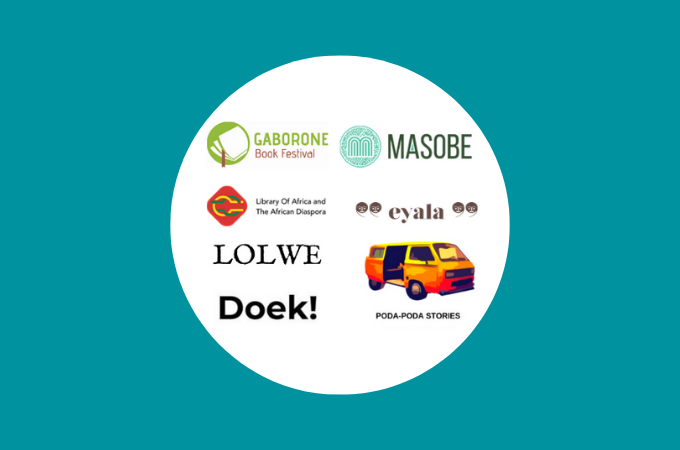
Literary magazines, publishing houses, and libraries occupy an important place in the development of African literature. Today, the continent is teeming with platforms serving various readerships and responding to the growing needs of a literary industry growing in leaps and bounds.
Kwani?, Chimurenga, Jalada, Cassava Republic, and our very own Brittle Paper are some of the early pioneers in the new millennium leveraging digital technology and culture to make space for African writers and their readers. But the past few years have seen the emergence of new platforms serving as outlets for writers, providing them with space to fight ideological battles, and helping them navigate the complexities of Africa’s fast-growing online culture.
Here are seven of these new platforms to watch out for.
Lolwe: Named after the traditional Luo name for Lake Victoria, which means ‘endless lake’, Lolwe is an online literary magazine founded by Kenyan Troy Onyango in January 2020. Their mission is to create more literary space, get the works of young writers published, help them to find ways to improve their craft while ensuring that they are paid for their writing.
Eyala: Founded by Françoise Kpeglo Moudouthe, Eyala blog explores what feminism means to African women. The site shines a light on African women championing feminist ideals, their activism, their vision, and the challenge they face. Françoise also shares her experiences as an African feminist, books that have inspired her, and other bits of feminist awesomeness.
Masobe Books: Masobe is a word derived from Isoko Language spoken in Nigeria. It means ” let us read,” which is what the founder, Othuke Ominiabohs urges readers to do. They publish fiction with fresh takes on African storytelling and are known for their striking cover art. Masobe’s roster of writers includes the likes of Adam Ibrahim Abubakar, Adaobi Tricia Nwaubani, and other notable names. As a family, they believe that writers, readers, and publishers can unite to surmount the issues of the Nigerian publishing industry.
Poda Poda Stories: During her high school days in Freetown, Ngozi Cole journeyed to school in buses called “poda poda.” On those rides, she’d listen to fellow passengers share interesting stories about life in Sierra Leon. In 2019, Cole founded Poda Poda Stories, a digital magazine where she curates poems, prose, interviews, in addition to more visual media such as short films and photography by Sierra Leonean writers and Diaspora.
Library of Africa and the African Diaspora (LOATAD):
The Library of Africa and the African Diaspora, previously named Libreria Ghana, was founded in December 2017 by Sylvia Arthur. Author began the project with her own collection books written by writers of African descent. Today, it is a residential library with rooms that can be booked for event. There is a literary museum featuring special collections of works mostly written by African (and especially Ghanaian) writers. You can visit LOATAD by becoming a member, booking a guided tour, or attending a public event.
Doek!: This is the first Namibian literary journal online. It publishes short fiction, nonfiction, poetry, and visual art from Namibia and the African diaspora. Founded by Mutaleni Nadimi and Rémy Ngamije, Doek! is an important step towards creating a diverse, curious, and robust literary culture in Namibia. The magazine is currently published in English. In time, Doek! hopes to publish in Namibia’s diverse languages.
Gaborone Book Festival: the festival was launched in 2018 to celebrate Botswana’s vibrant literary culture. It creates a space for local writers and communities of readers to engage with writers from other parts of the continent. Through a rich fare of “panels, conversations, book talks, music and food,” the festival shows to the world that Botswana’s literary culture is richer and much more expansive than Bessie Head’s novels.




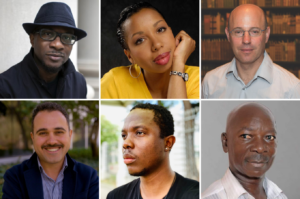
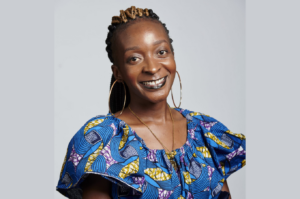
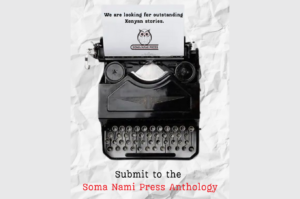
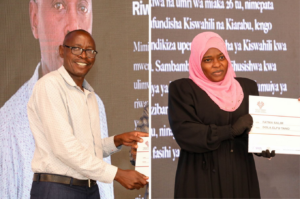

Aceng Elizabeth Ashley September 22, 2021 04:10
It's inspiring to know that many people are coming forward to push for and embrace reading and literacy in Africa's different regions.